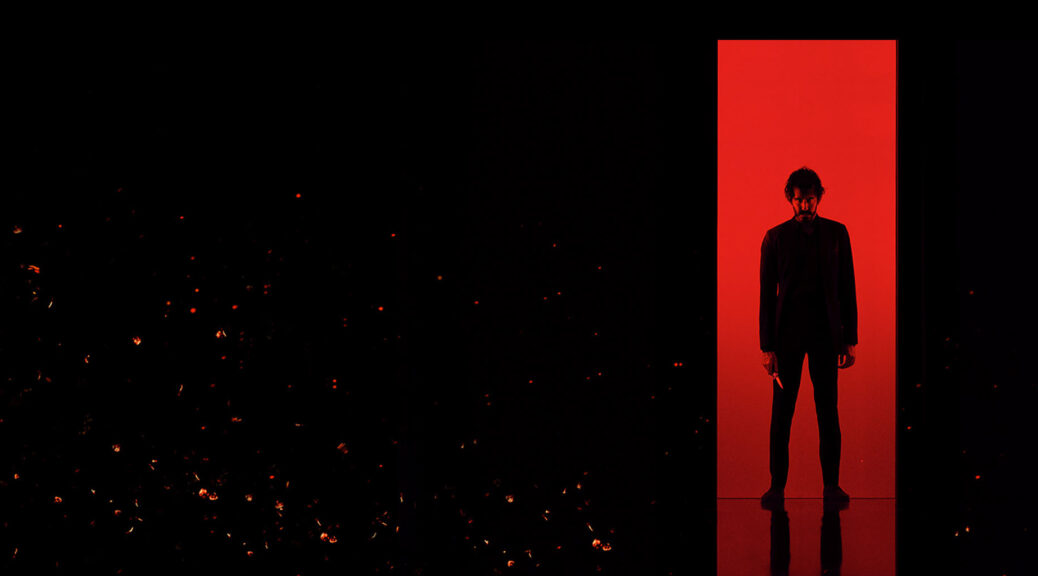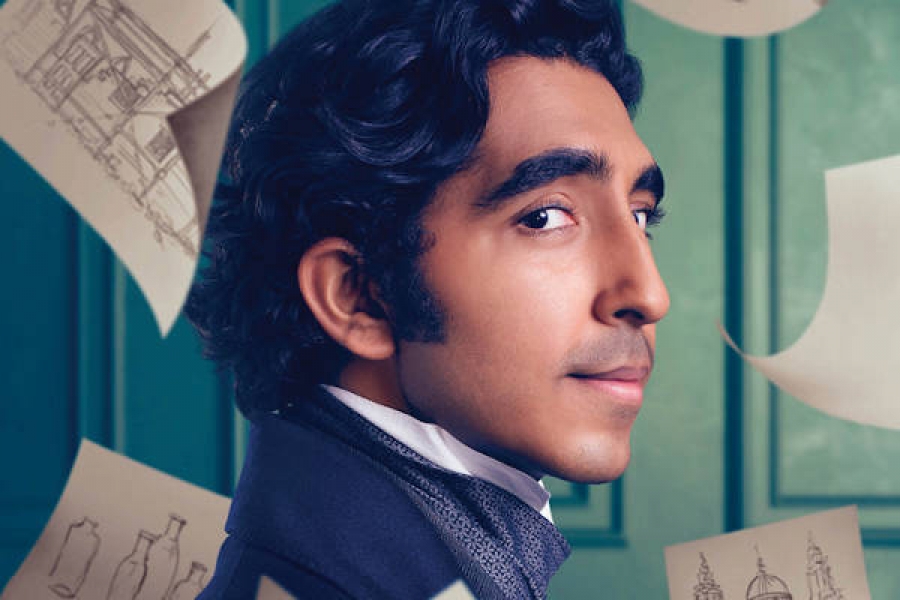Monkey Man
by George Wolf
A new hero has arrived. And with him, an exciting new filmmaker.
After directing just two short films, Dev Patel moves to features with Monkey Man, an assured and thrillingly violent story of heritage and revenge.
Patel (who also gets a story credit) is charismatic and commanding as “Bobby,” an underground fighter in India who takes dives for “Tiger” (Sharlto Copley) and cons his way into a job washing dishes at an exclusive club run by Queenie Kapoor (Ashwini Kalsekar).
But Bobby has a plan to get promoted to serving in the VIP room. Once in, he’ll get close enough to police chief Rana Singh (Sikandar Kher) to make him pay for crimes committed against Bobby’s mother (Adithi Kalkunte) years before.
Complications arise, leaving Bobby a very wounded and hunted man, until some mystical assistance from Alpha (Vipin Sharma) turns Bobby into a lethal leader for the common people.
Patel doesn’t run from his inspirations, even name-dropping John Wick early in the film. You’ll also see shades of martial arts masters, Winding Refn, Tarantino and more, but Patel is always ready to put his own stamp on a familiar march to a showdown. He favors quick cuts and close ups with scattershot POV shots to enhance the impressive fight choreography and striking color palettes at work.
Similarly, Patel teams with screenwriters John Colle and Paul Angunawela—plus producer Jordan Peele—to take some well known themes and move them progressively forward. Rebelling against the totalitarian tactics of Baba Shakti (Makrand Deshpandi) and the Sovereign Party, a forgotten and oppressed population turns to the Monkey Man for deliverance.
And as much as this feels like an origin story, it is a dark one. Patel has indeed delivered a statement, as much about his filmmaking prowess as it is about his worldview. But the statement is grim and bloody, so leave the little ones at home and strap in for the thrilling, visceral rise of Patel and the Monkey Man.







